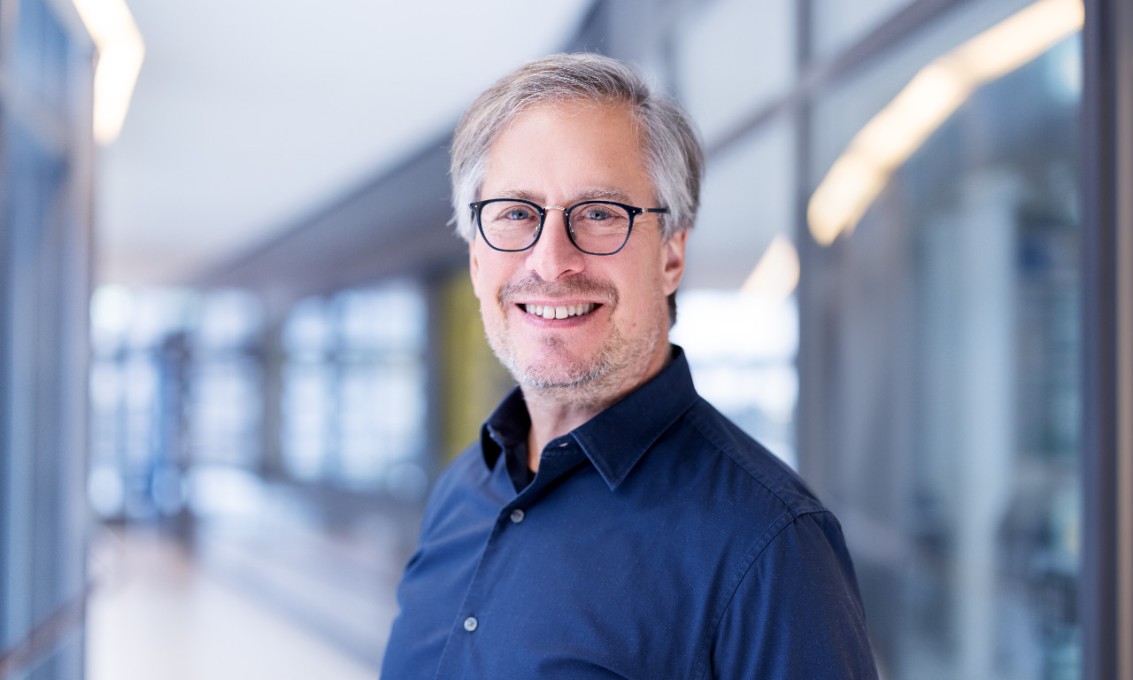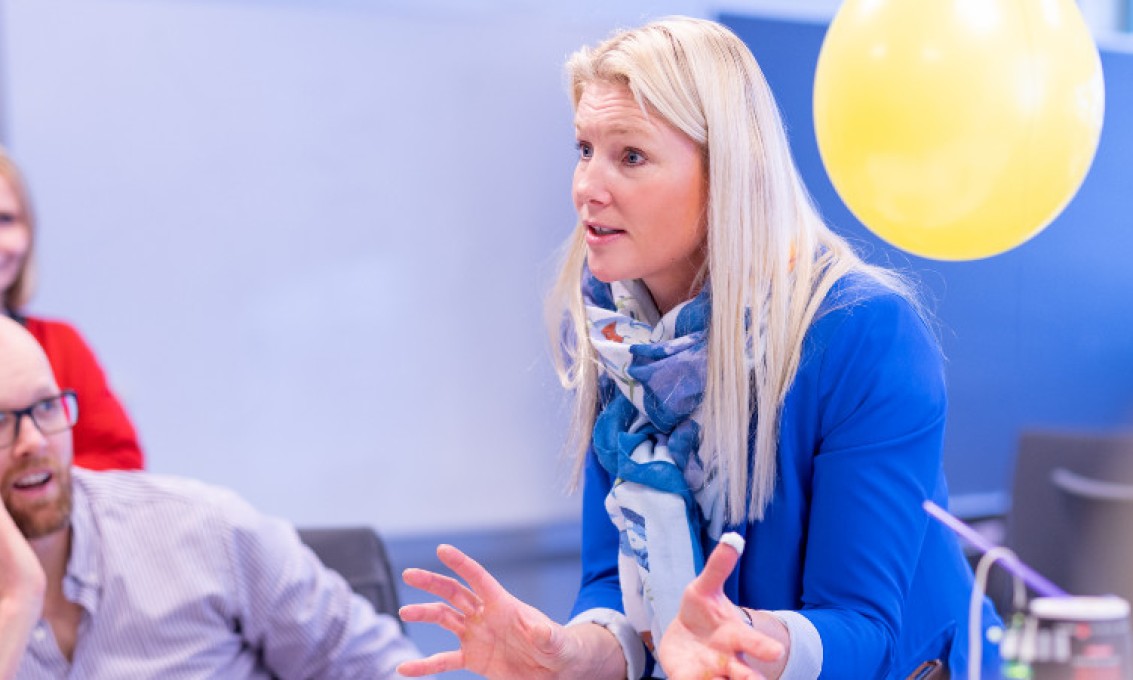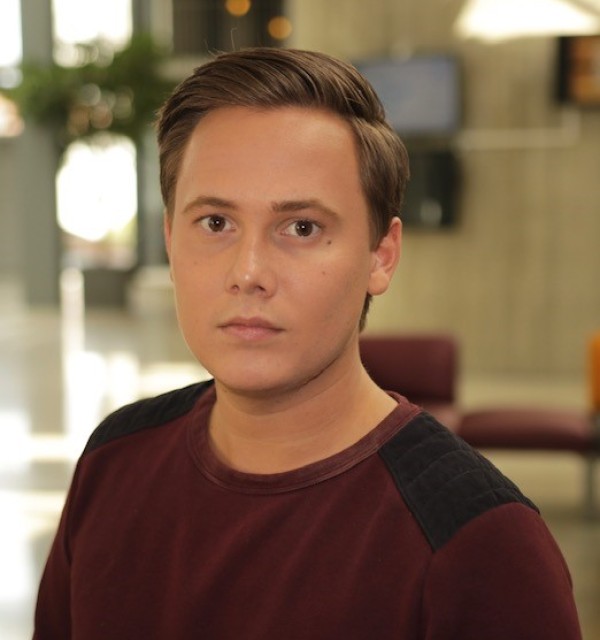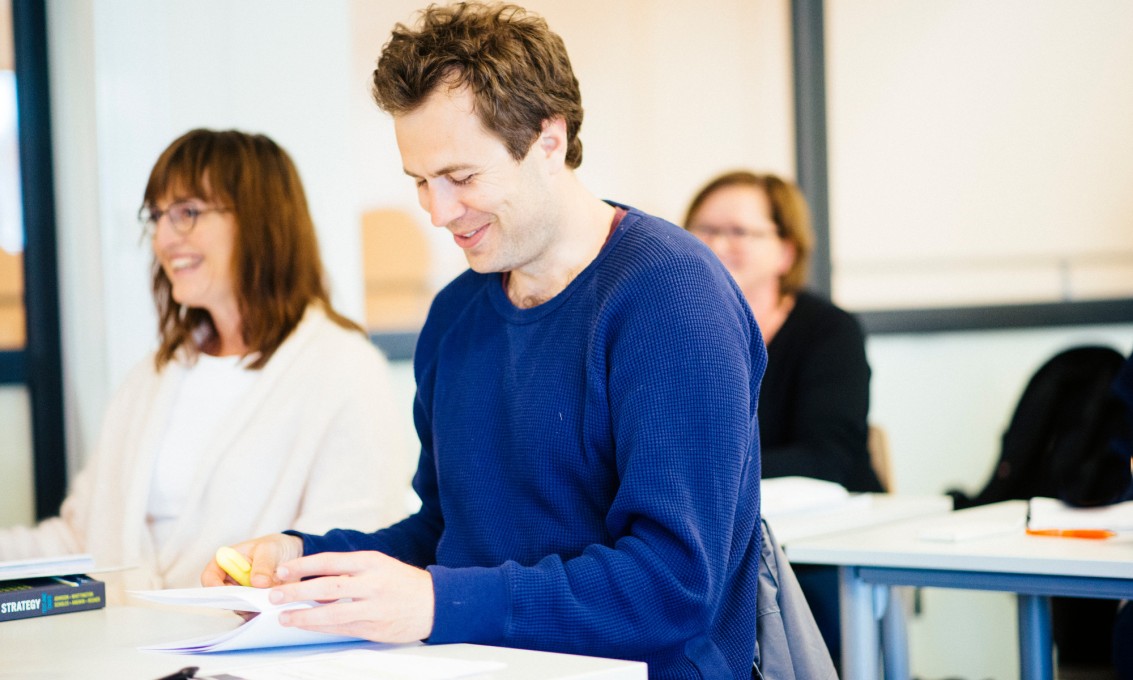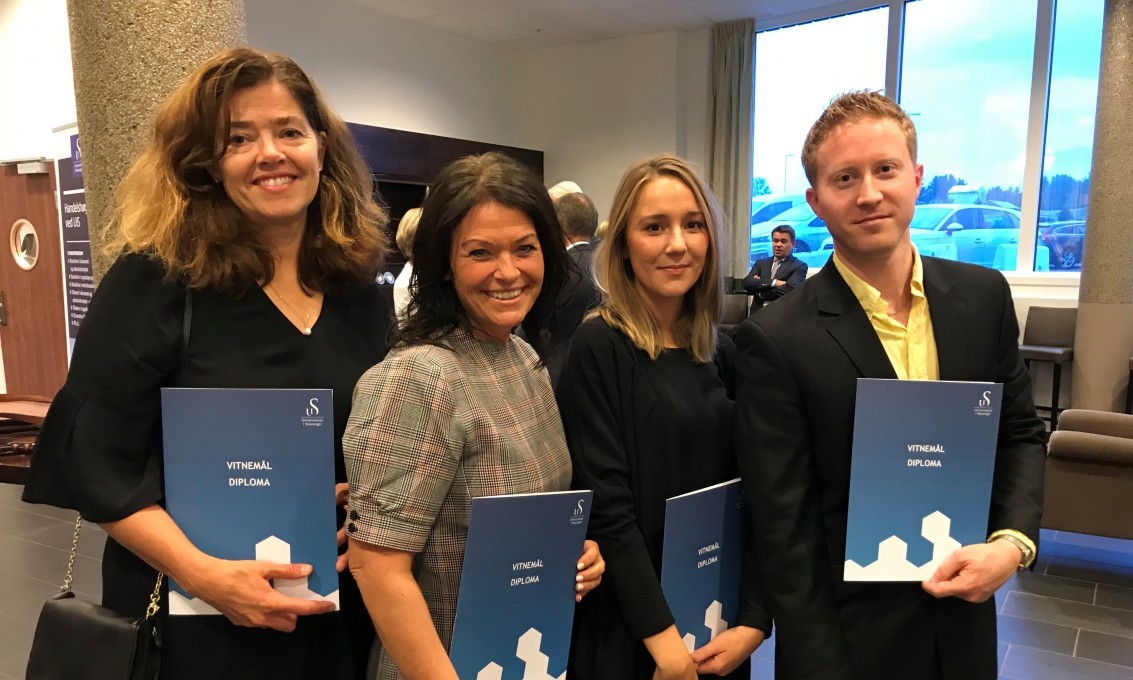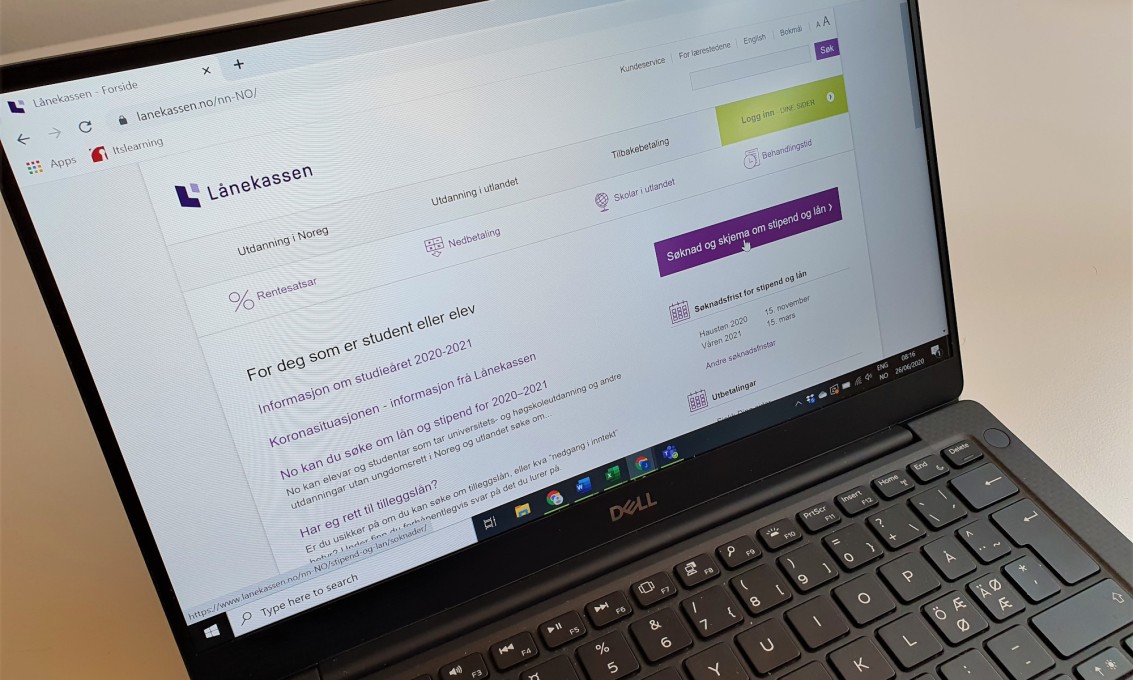What is more important than the future? Fear and hope, strategy and choice, disappointment and exhaltation, all depend on imagined tomorrows. This course offers a cutting-edge action-learning experience in cultivating your futures literacy. It will change what you see and do.

10
Master
Part-time/gatherings
English
Autumn 2024
01.06.2024 (Few studyplaces left, contact administration for info about application after deadline)
NOK 23 000,- + semester fee and cost for course literature
Gaining a better understanding of why, how and in what contexts humans imagine the future enables a major leap in the ability to encompass the richness of phenomena in the present.
Content
Like reading and writing, the skills involved in futures literacy are relevant to everyone, opening up new vistas for seeing and doing in all aspects of life.
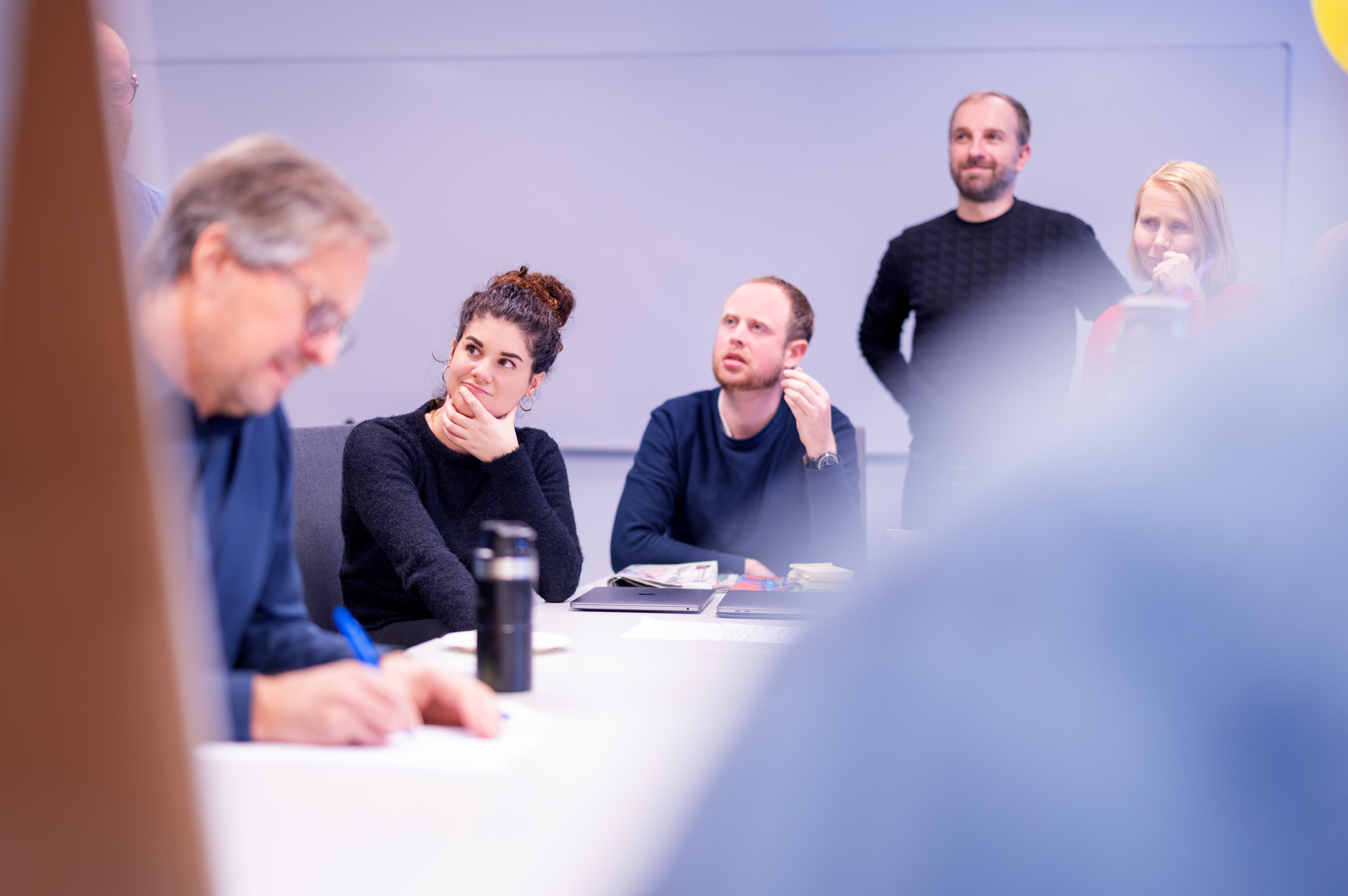
Think about how you use your ability to read and write or describe and interpret statistics to understand and act in the world around you. Futures literacy brings the same kind of augmentation to everything from strategy formulation and implementation to interpersonal relationships and community building. This is why futures literacy is recognized as one of the primary skills for the 21st Century.
Creative expectations of the future is part of the Master in Transformation and Innovation (Master i transformasjon og nyskaping)
The course introduces theories, models, methods, and practice related to ways of seeing, understanding, and contributing to the future. This includes the UNESCO-developed Futures Literacy Lab (FLL) method. The course emphasizes both a theoretical and practical approach to how one understands, and contributes to alternative futures as an organization and society. It will provide in-depth expertise on the FLL method.
As with all subjects included in the Master in Transformation and Innovation, Creative expectations of the future, is based on the design process discover - define - develop - deliver (double diamond), and an inclusive understanding of leadership as the enabling of and delivery on purpose, alignment, and commitment (the PAC ontology).
NB! changes may occur
Lyst til å ta hele graden?
About lecturer Riel Miller
Riel Miller is one of the world’s leading authorities on the theory and practice of using the future to change what people see and do. He is recognized as an innovative and globally experienced project initiator, designer and manager.
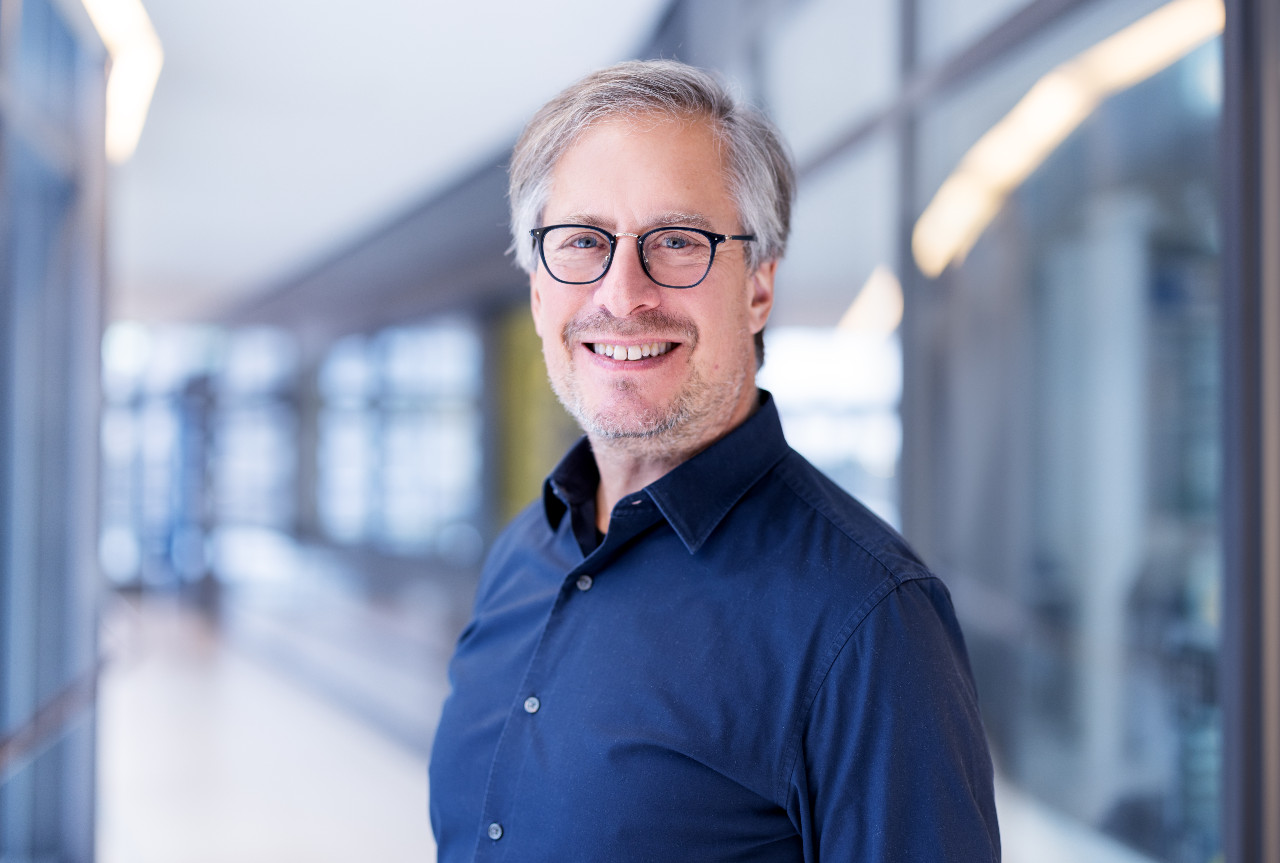
Riel Miller is widely published in academic journals and other media on a range of topics, from the future of the Internet to transforming strategic processes. He is an accomplished keynote speaker and facilitator.
He is one of the world’s leading authorities on the theory and practice of using the future to change what people see and do. He is recognized as an innovative and globally experienced project initiator, designer and manager. Miller is widely published in academic journals and other media on a range of topics, from the future of the Internet to transforming strategic processes. He is an accomplished keynote speaker and facilitator.
Riel Miller started his career at the OECD in Paris in 1982 in the Economics Department. Completed his PhD in Economics at the New School for Social Research in 1987. From 1985 to 1993 he worked for the Ontario Government, in the legislature and as a senior manager in the Ontario public service (Ministries of Finance; Universities; and Industry). In 1995 he returned to the OECD to work in the International Futures Programme and with the Centre for Educational Research and Innovation. In 2005 he founded an independent consultancy – xperidox (which means knowledge through experience) to advise public and private sector clients from around the world on how to use the future more effectively. From mid-2012 to early 2022 Riel served as Head of Foresight and Futures Literacy at UNESCO.
Riel’s lifelong ambition is to put the richness of complex emergence at the service of humanity's capacity to be free.
Currently Riel is affiliated with the following institutions:
- Senior Fellow: J. Herbert Smith Centre for Technology Management and Entrepreneurship, Deep Change Initiative, Faculty of Engineering, University of New Brunswick (Canada)
- Senior Fellow: Ecole des Ponts Business School (France)
- Senior Fellow: University of Stavanger (Norway)
- Senior Advisor: Nordic institute for studies of innovation, research and education (Norway)
- Visiting Professor: University of Corsica (France)
- Senior Fellow: University of Witwatersrand (South Africa)
- Fellow, Future Africa, University of Pretoria (South Africa)
About lecturer Lukasz Derdowski
Lukasz Derdowski is an Associate Professor of Service Management at University of Stavanger. He is a research methodologist who is applying and integrating various action-based educational methods, like, futures literacy labs, challenge-based learning, and design thinking into university courses and programmes.
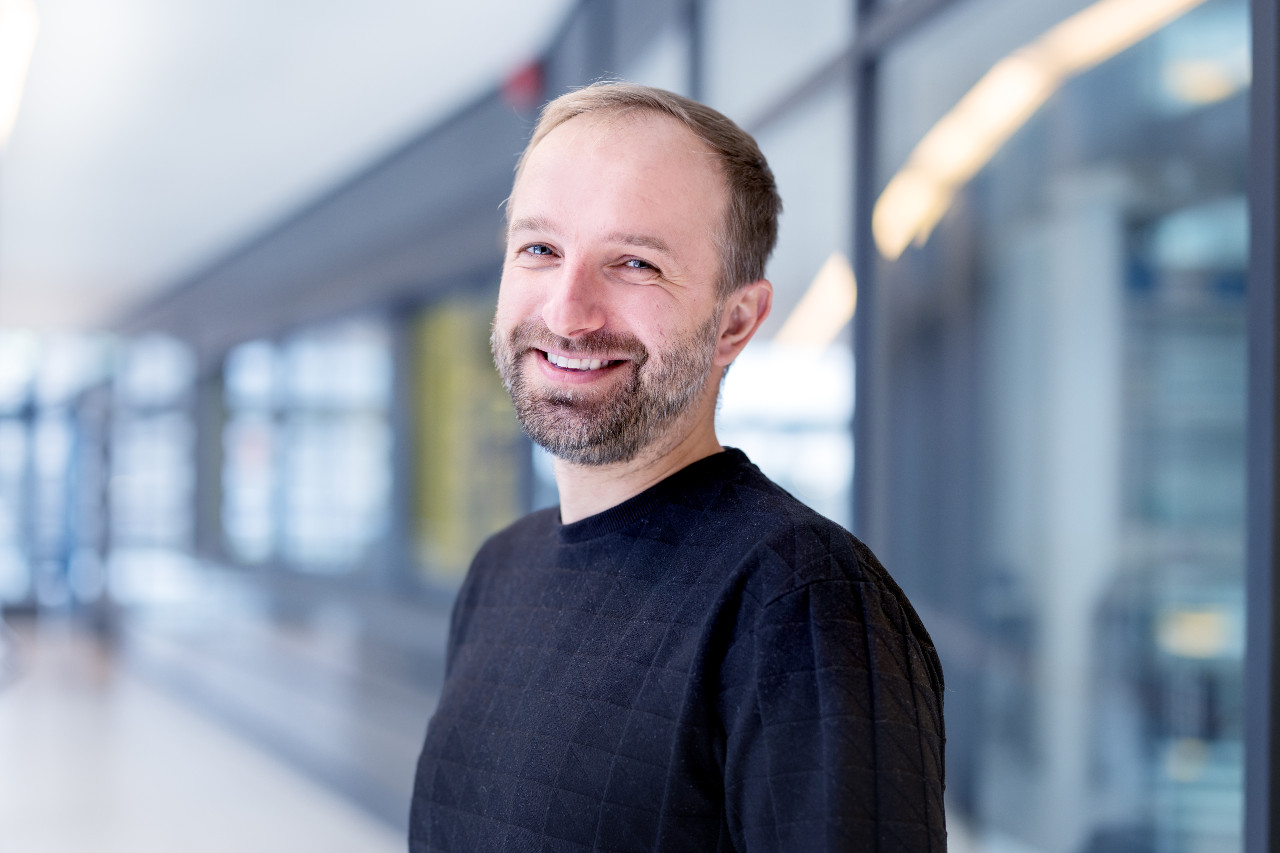
For several years, Derdowski has been teaching both bachelor and master students about the principles of social science research methodology.
In 2023, Derdowski became a Chair Associate in the UNSESCO Chair on Leadership, Innovation and Anticipation initiative to support the delivery of UN’s Sustainable Development Goals - and beyond.”
